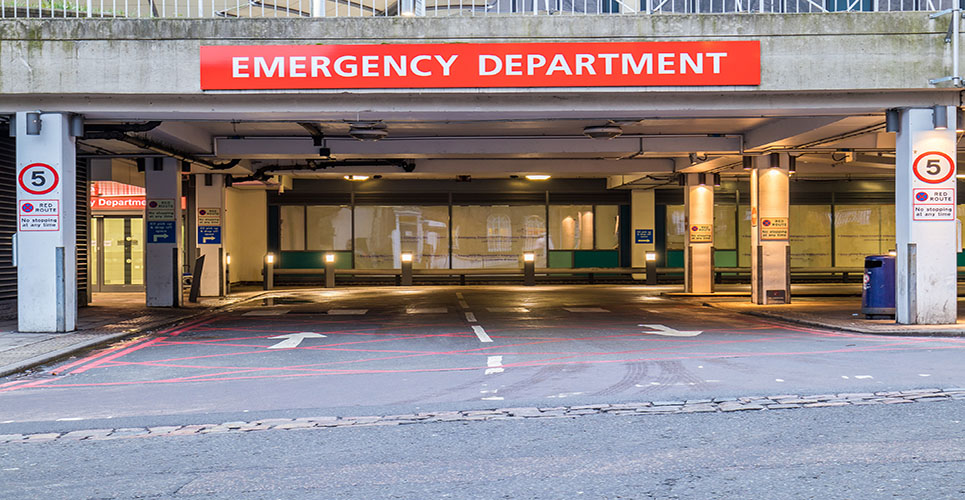teaser
Ray Fitzpatrick
Consultant Editor
The use of medicines in healthcare is growing steadily. In the UK, prescribing statistics in primary care show the number of medicines dispensed per head of population to be growing at a rate of about 5% per annum, with the largest number of items dispensed in the over-60 age group. In hospital, patients tend to be sicker, have greater comorbidities and be older, which means this growth is likely to be matched, if not exceeded. Therefore, it is not surprising that this edition of Hospital Pharmacy Europe carries a number of articles addressing the issue of managing the complexity associated with this growth in therapeutic interventions. The article by Marla Husch discusses the use of “smart pumps” for IV medication but makes the point that they must be part of a whole systems approach to improving medication safety. Drug-eluting coronary stents, although representing a major advance in the management of cardiovascular disease, bring with them their own medicines-related problems, and the article by Damian Kelly and Anthony Gershlick describes these issues and the pharmacist’s role in managing them. Peter Stehle, in his article Pharmaconutrition in critically ill patients, introduces us to the concept of pharmaconutrition and describes how nutrition and antioxidants can be used not only to maintain nutritional status but also to support actively patient’s recovery. In the UK, some hospital pharmacists are members of nutrition teams take responsibility for prescribing and managing total parenteral nutrition and as such need to understand how the underpinning science is developing.
With the growth in use of medicines and their increasing complexity, hospital pharmacists are becoming more specialised in order to maintain the necessary depth of knowledge required to be the medicines expert in their clinical areas. In the UK, a career pattern has been established in hospital pharmacy where newly qualified pharmacists enter the service on a rotation across a number of areas of pharmacy practice. This provides them with broad pharmaceutical and clinical experience, which is usually supported with some formal postgraduate clinical training. Following this broad-based experience hospital pharmacists begin to specialise in particular areas of pharmacy practice, or clinical specialty. In the past career progression for hospital pharmacists in the UK has required pharmacists to take on more of a management role. Recently, a new national grading system (Agenda for Change) has been introduced for all hospital staff (except doctors), which permits hospital pharmacists to progress up the career ladder without necessarily moving into management. Posts such as specialist pharmacist, advanced pharmacist and even consultant pharmacist are now being established, thus reflecting the need for pharmacists to become experts in a speciality.
If pharmacists are to remain at the centre of the medicines management agenda, particularly in rapidly changing complex therapeutic areas, they need to be supported with appropriate educational programmes. The article by Mikael Daouphars describes the initiatives the ESCP special interest group on cancer care are taking to support this. I know that colleagues in EAHP are also working to develop a European-wide postgraduate training package. However, the established training providers also need to reflect this increased specialisation in the programmes they offer. The Royal Pharmaceutical Society of Great Britain has embarked on a consultation programme reviewing the key principles of pharmacist education and training, and it is already developing competencies for a future workforce. Healthcare delivery is changing rapidly, and so too is pharmacy practice, with increasing specialisation in hospitals. This must be beneficial for patients as we strive to ensure safe, rational and cost-effective prescribing. It is also good for the profession that we are recognised as the medicines experts. However, we have a responsibility to maintain our knowledge and skills, and as such, must embrace the concept of lifelong learning.

